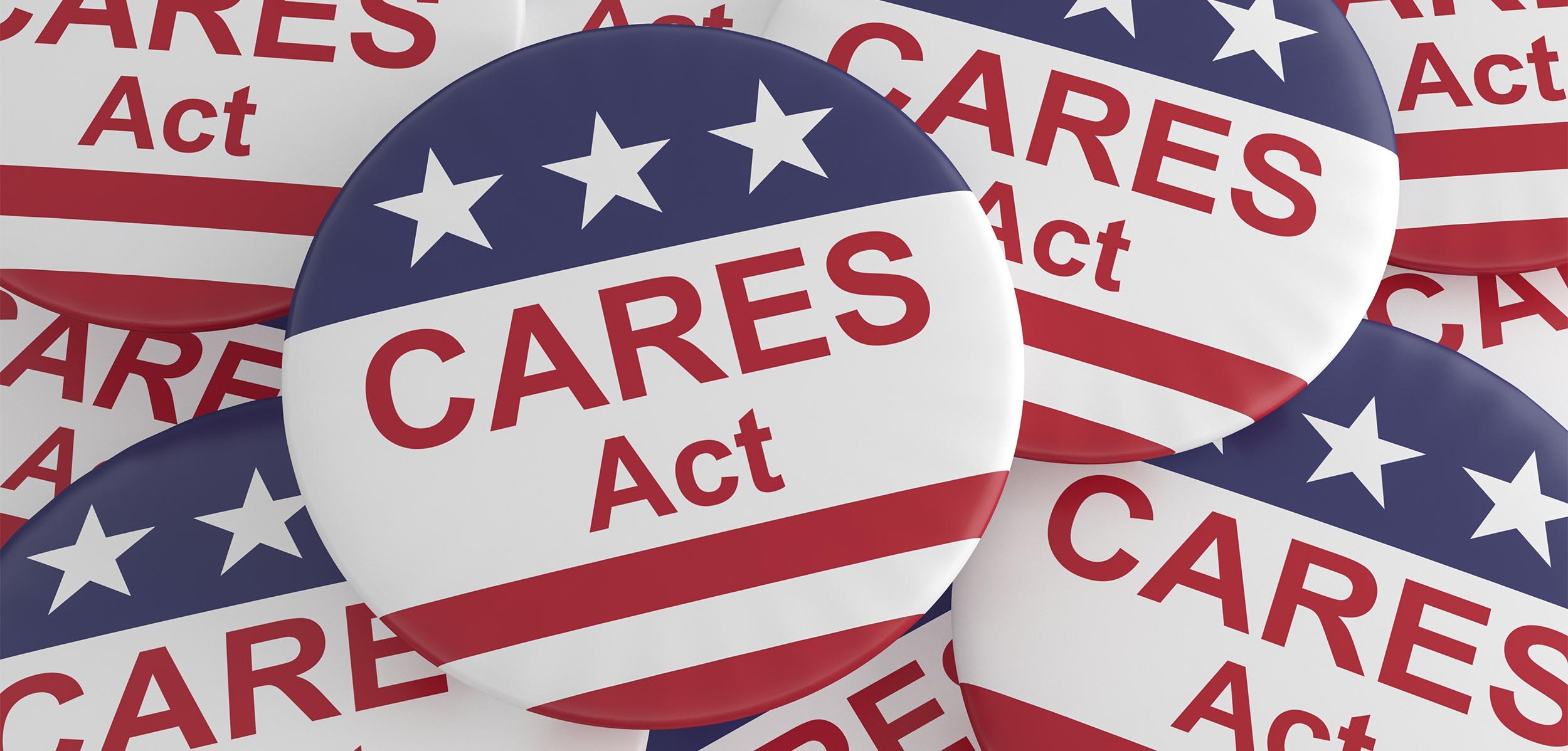

If your income has been affected due to COVID-19 this may be the most opportune time to get additional relief from your student loan debt.
Most borrowers of student loans are aware that the CARES Act, passed by Congress and signed by President Donald Trump into law on March 27, 2020, placed into effect a temporary pause on student loan payments, temporarily setting the interest rate is 0% as to all federally held student loans until November 2020. On August 8, 2020, Trump directed the Secretary of Education to continue to suspend loan payments, stop collections, and waive interests on those student loans held by the Department of Education until December 31, 2020. These efforts have placed the pause on student loans for the next few months, with relief to expire in about 100 days.
One mistake made by borrowers who find themselves unemployed or with severe reduction in income is to simply rely upon the above federal legislation (CARES) and Executive Order as the sole relief as to their student loans. Those who have sustained significant income reductions (i.e. temporary layoffs, reduced hours, etc.) should now enter the Department of Education website at https://studentaid.gov/app/ibrInstructions.action and apply for an Income Based Repayment (IBR) Plan. Although not pressured by student loan payments at present, once the CARES Act remedies (ending November) and Trump’s Executive Order (ending December) expire, student loan payments will be due and payable again. With a grant of reduced payment through an income driven repayment plan (IBR) (which often is $0.00) through the IBR, the grant of the IBR payment is for a full year!
The bottom line is borrowers who have sustained loss of income or even a complete layoff can gain 12 months of a $0.00 payment that will extend well beyond the relief afforded under the CARES Act. Although the temporary relief is there for everyone, borrowers sustaining economic harm can gain a full 12 months of relief by asking for it through the IBR program at a time when their income is down. For those who return to work after the temporary relief expires, a later application for an income-based repayment plan (IBR) will be based on income that exists at the time the relief is sought. Effectively, those who take advantage of the IBR while income is down will end up with much greater relief for almost one year beyond the expiration of CARES Act remedies.
Those who face more difficult long-term problems can obtain up to a five-year deferment under a Chapter 13 bankruptcy case. We are still watching for new legislation that will again allow us to discharge older student loans through bankruptcy, as we could do before year 1998. Wesbrooks Law firm will continue to post updates on this legislation.
